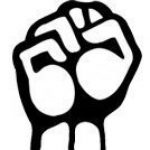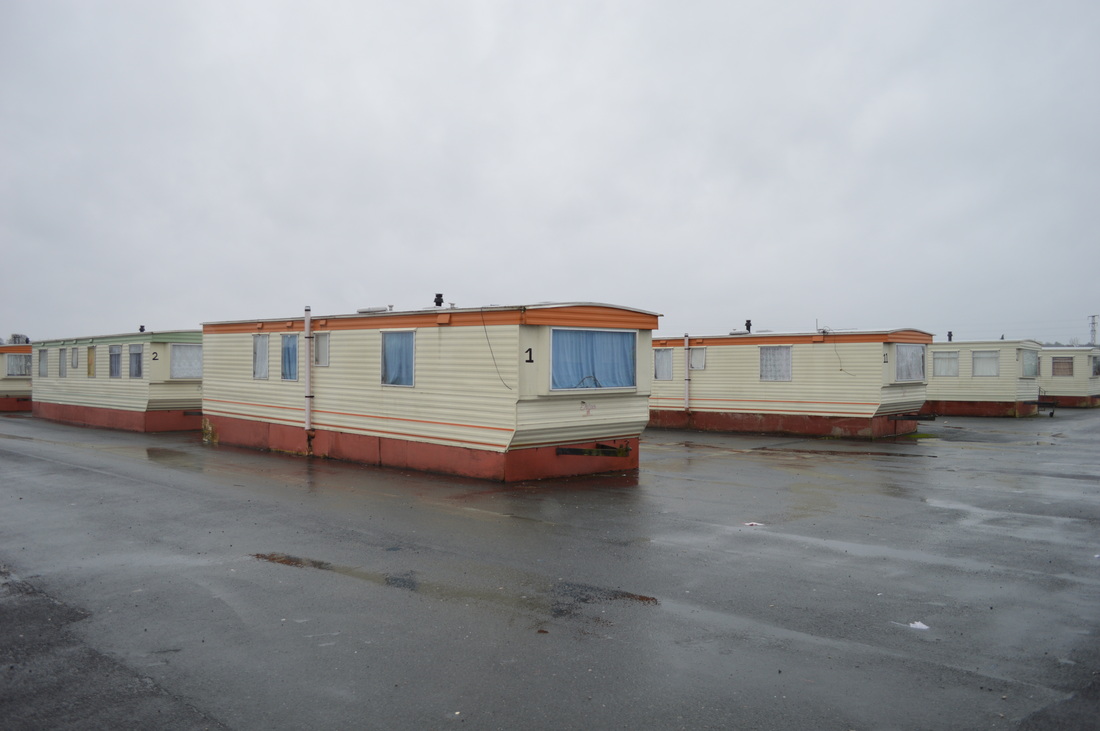Oct 18, 2022, London
The Republic of Ireland has a poor record in its response to refugee crises ever since the Nazi era, when only 60 Jewish refugees were admitted by neutral Ireland between 1933 and 1946. Although several groups of ‘programme refugees’ were admitted over the years, when asylum seekers began arriving in the mid-1990s, the government regarded them as a problem, and, following Britain, since November 1999, dispersed asylum seekers, granting them bed and board and a small comfort allowance, in Direct Provision centres. Though initially meant for a six months stay, in June 2022 a record 11,689 people, including nearly 2,800 children, were living in direct provision and emergency accommodation centres, an increase of more than 40 per cent on last year. Most centres – including hotels and guest houses – are operated by for-profit companies paid 1.6 billion euro by the government between 2000 and 2021, constituting what I term Ireland’s “asylum industrial complex.” The centres are over-crowded, lack proper facilities, and are mostly in remote locations, cutting people off from Irish society. Until 2018 asylum seekers were not allowed to work or open bank accounts, and only the campaigning work of MASI – the Movement of Asylum Seekers in Ireland – brought their plight to the attention of Irish society.
I begin by addressing the link between the disavowal of the asylum seekers by state and society with the disavowal of the coercive confinement of unwed mothers and poor children in church-run institutions, where they were confined and enslaved until late in the twentieth century. Second, in view of the rise in the numbers of applications and of Ireland’s severe housing crisis, I theorize the Direct Provision regime as a recialized space of nonbeing, constituting what Berlant calls “slow death”. Third, because the movement of refugees is fluid and ever changing, I expand on the article as published by juxtaposing the Irish state response to accommodating refugees from Ukraine with its lack of action in relation to people seeking international protection, whose number has increased exponentially since the Russian invasion of Ukraine. Discriminating against people seeking international protection is a clear demonstration of racist state violence.
- Confinement and disavowal
In our 2021 book Disavowing Asylum: Documenting Ireland’s Asylum Industrial Complex, Vukasin Nedeljković and I argue that hiding from public view of Ireland’s past coercive confinement of thousands of unwed mothers and deprived children in church-run Mother and Baby Homes, Magdalene laundries and industrial schools (where 93,000 children of unwed mothers were kept and often physically, sexually and emotionally abused) until late in the 20th century represented a disavowal of something that Irish people were aware of but “managed not to know.” Far from accidental, this disavowal was engineered by the Irish state that continues to hide asylum seekers in Direct Provision centres from public view. Linking Ireland’s violent past coercive confinement regime with the confinement of asylum seekers in the 21st century, Clair Wills (2021) argues that like refugees, unwed Irish mothers and their children were violently forced from their own communities and were in effect rendered stateless by the Irish state and its agents – a clear case of racialized state violence. Surprisingly, however, with very few exceptions, the Direct Provision regime has not been theorized in terms of race and racialized state violence.
- Direct Provision as racialized spaces of nonbeing and deportability
In Direct Provision centres the “punitive ramifications” of deportability insinuate, as Peutz and De Genova argue, “the inequalities and excesses of state power and sovereignty into the everyday production of social space” (Peutz and De Genova 2010, 2). Frequent pre-dawn raids by Gardaí (Irish police officers) and the spectacle of deportation enforcement are technologies of violent state control that enable asylum seekers’ continual vulnerability to deportation.
I theorize Direct Provision centres as racialized spaces of nonbeing operating policies of mistrust and dispersal, making them functions of state governmentality at work to spread societal “xeno-racism” wherever asylum seekers are dispersed to, as argued by Frances Webber (2012, 94). Though they are not forced to reside in Direct Provision centres, as repeatedly stressed by government ministers, asylum seekers not taking up the offer of DP accommodation are deprived of the right to bed and board, and do not receive any state benefits, including medical cards and weekly allowances, which is why most accept the offer. Theorizing the racialization of space in Direct Provision centres is apt as for many asylum seekers living in Direct Provision is akin to what Lauren Berlant (2007, 754-764) terms “slow death.”
In recent months the conditions of asylum seekers in Direct Provision have seriously deteriorated, with some reduced to living in tents and others remaining homeless. As Vukasin Nedeljković writes, “In the history of Direct Provision it has never been so bad for people applying for protection… at the moment there are a number of asylum seekers sleeping rough on the streets of Dublin and Ireland before even making an official claim for international protection.”
- Asylum seekers and Ukrainian refugees – racist state violence
There has been an eight fold increase in the number of asylum applications, from 1,148 in 2021 to 8,892 in 2022 – an increase of 700%. That is separate from over 50,000 people who have come from Ukraine fleeing the Russian invasion. According to the Department of Justice, the increase is partly down to the COVID-19 pandemic, but it is clearly also due to the war in Ukraine. While commending the Irish government’s positive handling of the Ukrainian refugee crisis, MASI coordinator Lucky Khambule said that processing Ukrainian refugees, giving them cards, accommodating them and enabling their children to go to school proved that this can be done quickly, and rightly so:
“We can see clearly what the government is doing and it demonstrates what we were saying all along. It was always possible to allow people to access the workforce, but we had to wait for nine months…Following the current crisis, we would like to see this kind of service available to all people who seek protection… we say that the welfare given to Ukrainian people must be available for everyone seeking protection… we need to address this urgently so that chidren in Direct Provision who can’t go to school will be able to go to school the same way as the children from Ukraine.”
Although clearly not all black or brown, people seeking asylum and residing in Direct Provision are racialized by the government as non-European others. Their discrimination, I propose, is nothing short of racial state violence.

